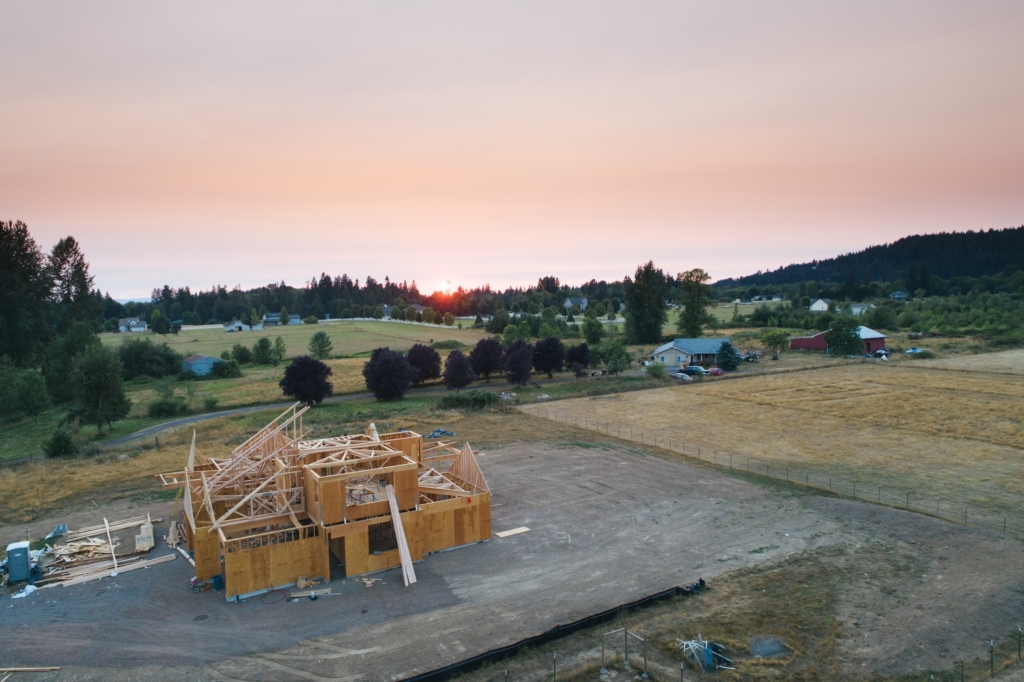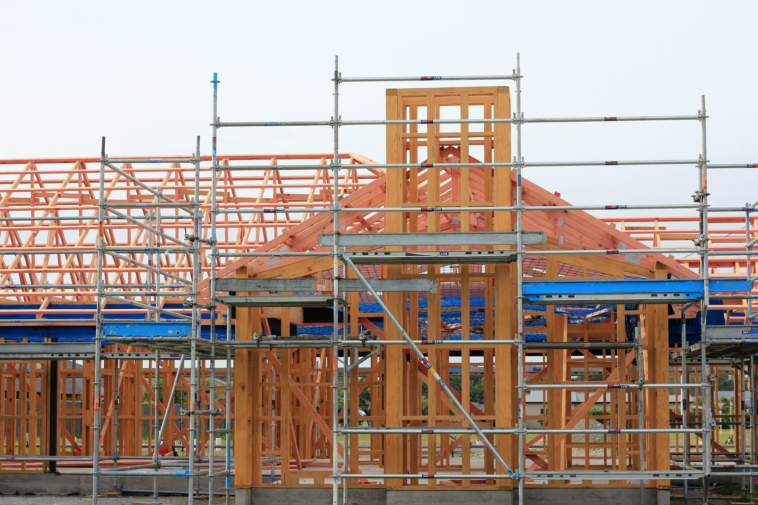Building a house is an exciting and monumental endeavor. When we think of constructing a house, the first thing that comes to mind is bricks. While bricks are indeed an essential component of house construction, there are several other crucial elements that play a significant role in the process. In this article, we will explore the eight things you need, besides bricks, to build a house.
Proper Planning and Design
Before starting the construction, proper planning and design are essential. Architects and designers work closely with homeowners to create the blueprint and floor plan of the house. This stage involves considering factors such as functionality, aesthetics, and adherence to local regulations. When it comes to ensuring that all necessary permits and approvals are obtained from the local authorities, you can opt to do it yourself or contact a permit expediter if you’re not confident in processing the necessary paperwork. A permit expediter is a service professional who specializes in obtaining building permits for construction projects. They have a deep understanding of city hall procedures and rules, ensuring that all necessary steps are met and the project remains within compliance.
Hiring a permit expediter can help streamline the permitting process, saving time and reducing potential delays. They can provide valuable advice and guidance, ensuring your project moves smoothly. With the help of professionals, thorough planning and design help envision the final outcome and minimize potential complications during construction.
Strong Foundation
Every successful construction project starts with a solid foundation. A strong foundation provides stability and support to the entire structure, ensuring its longevity and durability. Along with bricks, materials such as cement, concrete, and reinforcement bars are essential for creating a solid base. Various types of foundations, including slab-on-grade, crawl space, and basement, exist based on the project’s specific requirements and geographical location. A well-built foundation evenly distributes the weight of the house and prevents settling or structural damage in the future. It is the first step in construction and sets the stage for a strong and stable house.
Essential Tools
Building a house involves various tasks that require the use of specific tools for accuracy and efficiency. From basic hand tools like hammers, screwdrivers, and saws to power tools like drills and levels, each tool serves a specific purpose in the construction process. These tools enable workers to measure, cut, fasten, and assemble various materials with precision. Without the right tools, building a house would be challenging and time-consuming. Whether it’s framing, plumbing, electrical work, or finishing touches, having the necessary tools ensures that the construction process runs smoothly and achieves the desired results.
Reliable Building Materials
Reliable building materials are essential for constructing a durable and long-lasting structure. These materials form the foundation of any construction project, ensuring structural integrity and withstanding environmental factors. From the foundation to the roof, using reliable materials like concrete, steel, bricks, and timber is crucial. Concrete provides strength and stability, while steel offers structural support and reinforcement. Bricks are known for their durability and versatility, serving as a reliable choice for walls and facades. Timber is commonly used for framing, providing both strength and aesthetic appeal. Additionally, other materials such as insulation, roofing materials, and finishes contribute to the overall reliability and performance of a building.
Skilled Labor
Building a house is not a one-person job. It requires a team of skilled workers who specialize in different aspects of construction. Skilled laborers possess the technical training, expertise, and on-the-job experience necessary to perform specific tasks in the construction process. From carpenters and electricians to plumbers and masons, skilled laborers bring their specialized knowledge and craftsmanship to ensure the quality and precision of the construction project. They play a vital role in interpreting blueprints, executing complex installations, and handling various construction materials effectively.
However, the construction industry has been facing a severe shortage of skilled labor in recent years. According to a report, the industry saw over 390,000 job openings per month in 2022, the highest level on record. This shortage highlights the importance of skilled laborers in the construction industry and the need for measures to address the labor gap. By having skilled laborers on board, construction projects can be completed efficiently and to high standards, ensuring the successful completion of a house.
Utilities and Infrastructure
Apart from the physical structure, a house requires proper utilities and infrastructure to function effectively. These aspects ensure that the house has access to essential services and functions smoothly. Utilities such as electricity, water, and gas are essential for daily living and must be integrated into construction. Proper electrical wiring, plumbing systems, and gas lines need to be installed to provide these utilities efficiently and safely. Infrastructure elements like roads, sidewalks, and drainage systems are also necessary for accessibility and functionality. These components contribute to the overall livability and convenience of the house.
Without the proper integration of utilities and infrastructure, a house would lack essential services and face difficulties in terms of functionality and comfort. Therefore, considering and planning for these aspects during construction is vital to ensure a well-rounded and functional home.
Safety Measures
Construction sites can be hazardous environments, and prioritizing safety is crucial to protect workers and ensure a successful project. Implementing safety measures helps prevent accidents, injuries, and potential damage during construction. Some key safety tips include extensive training for equipment usage, maintaining proper footing, wearing personal protective equipment (PPE), correctly organizing and storing tools, and following clear instructions. It is also important to consider safety measures related to site selection, electricity, and materials handling.
Aesthetics and Finishing Touches
Aesthetics and finishing touches play a significant role, besides bricks, in building a house. These elements contribute to the overall visual appeal, functionality, and value of a home. The finishing touches include details such as paint colors, flooring choices, trim work, fixtures, and furnishings. They are the final steps that transform a house into a personalized and inviting space. Aesthetically pleasing finishes enhance the ambiance and create a cohesive design scheme throughout the house. Additionally, the right finishing touches can add value to a home and make it more attractive to potential buyers in the future.

Building a house involves much more than just bricks. A successful construction project requires a strong foundation, essential tools, reliable building materials, skilled labor, proper planning and design, utilities and infrastructure, safety measures, and attention to aesthetics. Each of these elements contributes to creating a safe, functional, and aesthetically pleasing home. Whether you are embarking on a new construction project or renovating an existing house, considering these eight essential things will help ensure a successful outcome.



